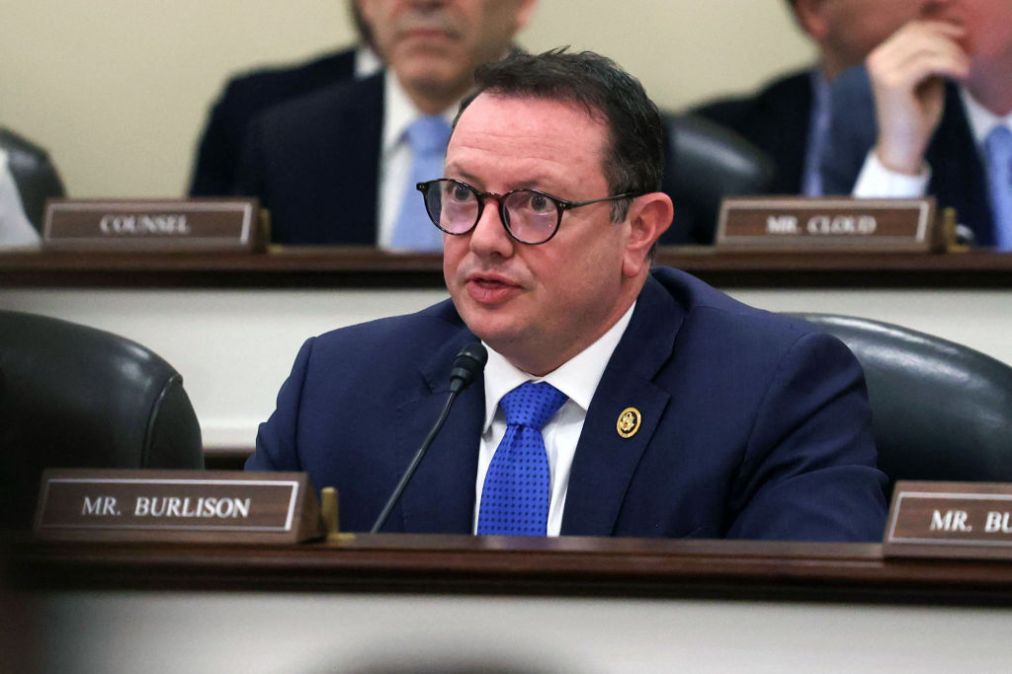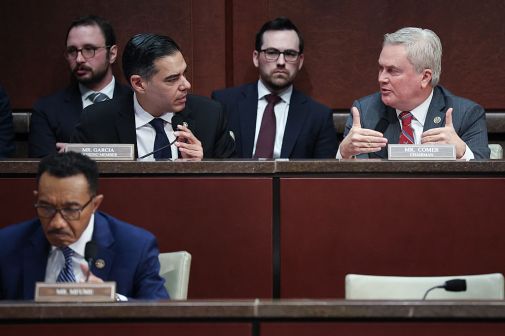Bipartisan bill to modernize federal tech procurement gets another shot in House

A bill to modernize the federal procurement system is back on the table after stalling out in Congress late last year.
Reps. Eric Burlison, R-Mo., and Suhas Subramanyam, D-Va., on Wednesday reintroduced the Federal Improvement in Technology (FIT) Procurement Act, legislation that would alter how the federal government purchases technology.
The FIT Procurement Act passed the House last December, but a companion bill from Sens. Ted Cruz, R-Texas, and Gary Peters, D-Mich., didn’t advance out of the chamber.
A press release announcing the bill’s reintroduction touted projections that it would save taxpayers millions of dollars annually and boost government efficiency.
“The government’s procurement system is slow, outdated, and frustrating,” Burlison said in the release. “The FIT Procurement Act cuts through the red tape, saves taxpayers money, and finally brings procurement practices up to the standards of any efficient business.”
The legislation would raise the micro-purchase threshold from $10,000 to $25,000, a change the lawmakers said would cut down on buying bureaucracies and allow agencies to more quickly make purchases.
The bill calls for the simplified acquisition threshold to be raised from $250,000 to $500,000, a provision that the press release said will enable “faster, more flexible contracting that also opens doors for small businesses.” The legislation also seeks advanced training for procurement staff to foster more informed purchasing practices.
“The FIT Procurement Act is designed to help federal agencies more easily access new technologies while cutting costs and minimizing waste,” Subramanyam said in the press release. “This bipartisan bill will give small businesses more opportunities to compete for government contracts, while also saving tens of millions of dollars annually.”
The bill is backed by a host of tech and business groups, including the Software & Information Industry Association, the American Consumer Institute, the Small Business Roundtable, the Taxpayers Protection Alliance, the Professional Services Council and the Alliance for Digital Innovation.
Measures in the bill “directly align with PSC’s mission to advocate for a modern, efficient, and competitive federal marketplace,” Professional Services Council CEO James Carroll wrote in a letter to Burlison. “By enabling agencies to acquire and deploy advanced capabilities more quickly and responsibly, the FIT Procurement Act supports better mission outcomes, stronger national security, and a more robust economy.”
The Alliance for Digital Innovation — which counts Amazon Web Services, Crowdstrike, Google Cloud, Palantir, Salesforce, Workday and many others among its members — said in a letter to the top lawmakers on the House Oversight Committee that it strongly endorses the bill’s provisions to increase the micro-purchase and simplified acquisition thresholds, as well as the enablement of subscription-based pricing.
“As federal agencies strive to meet the increasing demands of a digital-first world, the FIT Act, if passed, will facilitate a competitive, flexible procurement environment that encourages innovation, reduces acquisition delays, and creates new opportunities for businesses to enter the federal contracting space,” the letter said.






